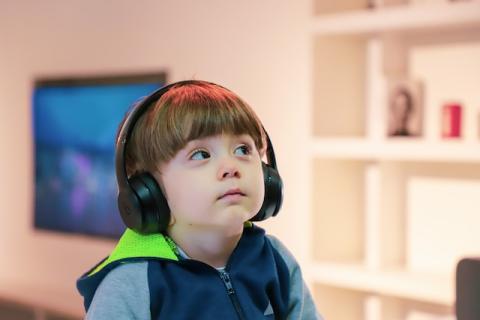Our Emergency Department is very busy right now and some people are experiencing long waits. If you do not require emergency care, please use an alternative such as 111 online.
Some people may be Hypersensitive (over sensitive) whilst others may by Hyposensitive (Under sensitive)
Hypersensitive (avoiders):
Individuals respond more easily to sensory stimuli, so are more aware of sensations and will avoid these experiences (e.g., will not try new food, avoid noisy situations, avoid busy environments)
Hyposensitive (poor registration):
Individuals don’t notice sensory stimuli, will appear to ignore sensations (e.g., not noticing if their face is messy, not reacting to verbal instruction).

